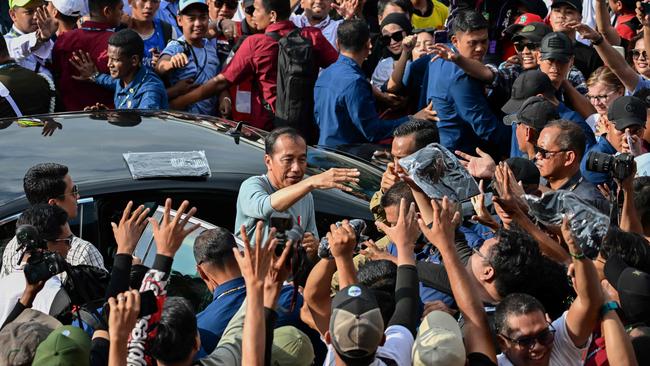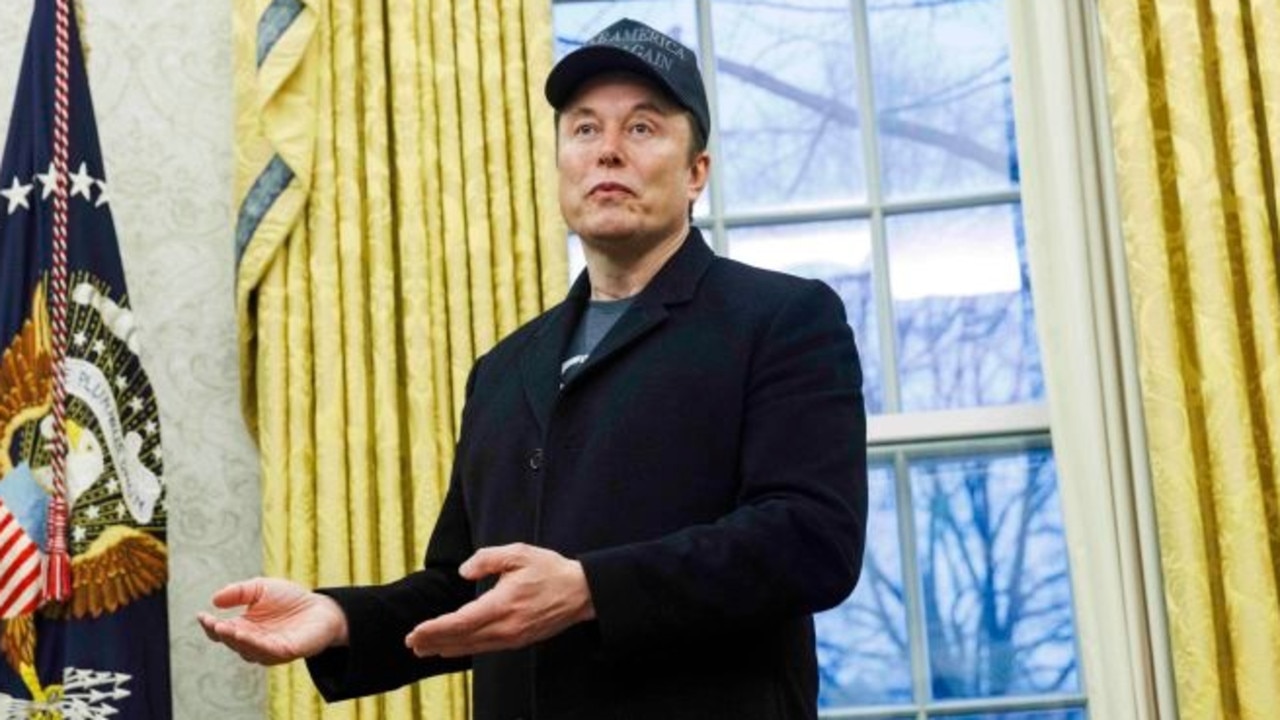Democracy aside, Jokowi leaves office on a polling high
Joko Widodo has been touring the country seeking forgiveness for his shortcomings during his 10 years in power.

On a farewell tour to mark the end of a decade-long presidency this week, Indonesia’s Joko Widodo has been seeking forgiveness wherever he goes for any shortcomings while in office.
Some might say that is a reasonable course of action given ‘Jokowi’ is seen (by political analysts at least) to have presided over a sharp decline in the quality of Indonesian democracy.
The so-called infrastructure president left an impressive network of new toll roads, ports and airports, and a nickel sector he hoped would be the basis of a global electric vehicle manufacturing hub. But he also bequeathed the nation a half-constructed and unbudgeted capital city in the middle of the Borneo jungle.
He was accused of meddling in February’s election to secure victory for his chosen successor, Prabowo Subianto, and his eldest son, Gibran, the country’s next vice-president, and of using the anti-corruption commission to settle political scores.
It took a popular uprising in August to stop parliament from overruling a constitutional court judgment blocking changes to election nomination rules that would have enabled his youngest son Kaesang Pangarep to run for governor in November polls.
While democracy advocates were protesting on the streets, Kaesang and his wife had taken a private jet to the US where an ill-advised social media post about a $40 lobster roll almost broke the internet, such was the outrage.
Yet if the final popularity survey of his two-term presidency is to be believed, Jokowi has nothing to apologise for.
He leaves office on October 20 with an approval rating of more than 75 per cent, down from 80 per cent in July, it’s true, but still the sort of nosebleed satisfaction level most Western leaders could only dare to dream of achieving – even in the honeymoon afterglow of an election victory.
“It doesn’t surprise me; he’s Teflon-coated,” said long-time analyst and Reformasi newsletter author Kevin O’Rourke.
“The scandals affecting his offspring are major issues on social media and among the intelligencia, but are clearly not affecting the trust he has from the general electorate.”
Pollster, Indikator, which released the survey on Monday, attributed Jokowi’s enduring popularity at the end of his second and final presidential term to protecting the people’s hip pockets.
Whatever else he may have done, Indonesia’s outgoing president lowered inflation, and when it cames to popularity, that is all that counts.
“Purchasing power is crucial,” said Indikator chief executive Burhanuddin Muhtadi.
“If inflation rises, prices go up and when prices rise people may struggle to buy basic necessities, which makes then unhappy with government.”
O’Rourke said Jokowi had worked hard to maintain his popularity to the end by visiting markets and officiating at even tiny village-level infrastructure project opening, suggesting he harboured ambitions for a post-presidential political role – “or at least to insulate himself to any animosities for the next administration”.
Additional reporting: Dian Septiari



